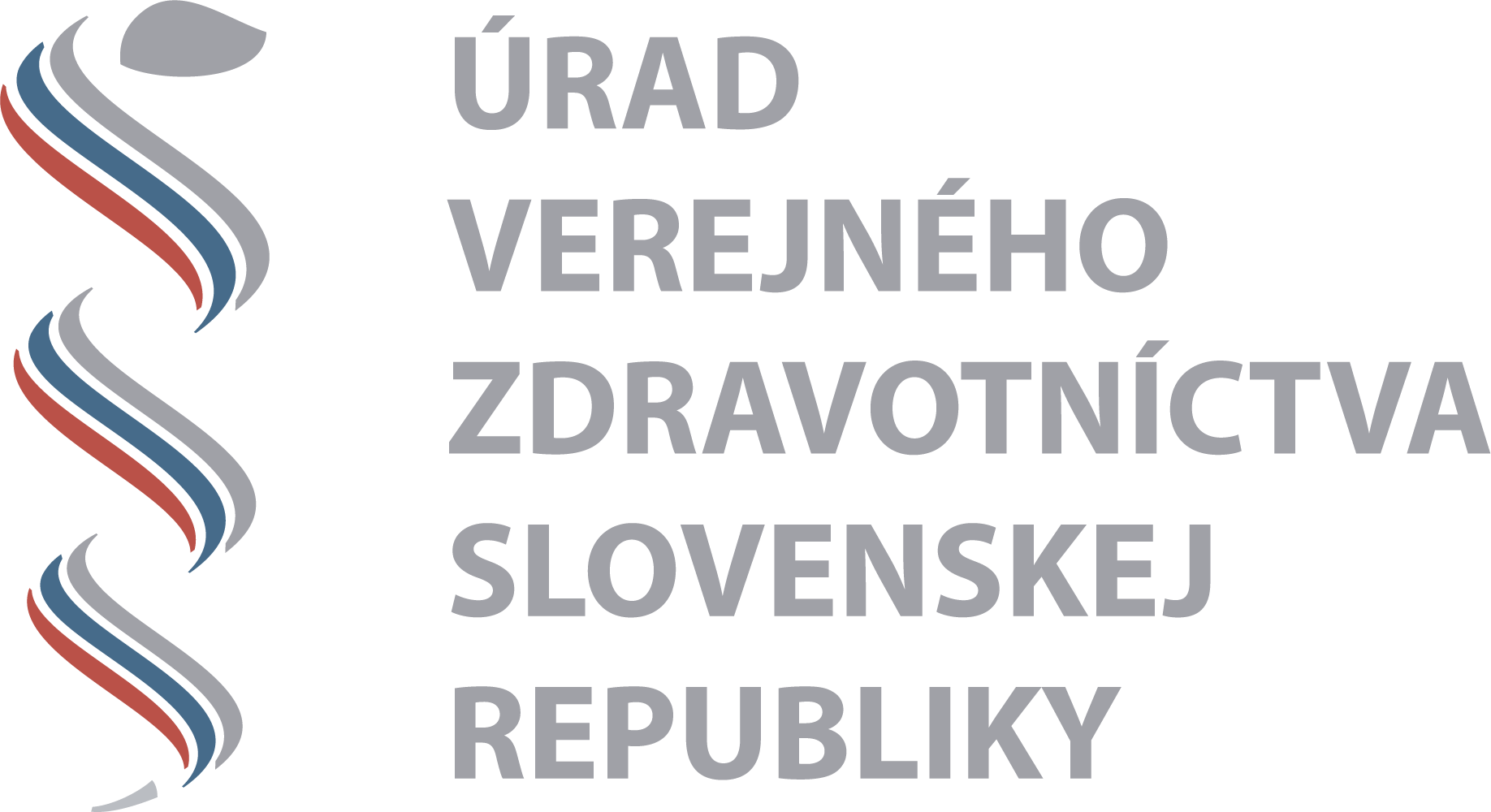Importance of vaccination - UVZEN
Importance of vaccination
Vaccination belongs to important and effective ways of infectious diseases prevention. Along with securing of drinking water it belongs to the most effective ways of morbidity and mortality decreasing of infectious diseases in the world. That is why majority of countries in the world adopted in second half of the twentieth century immunization programs. Effectiveness of vaccination is unambiguously proven by regression up-to clearance of many diseases preventable by vaccination. Influence of vaccination can be best illustrated on eradication of smallpox in the world. Thanks to vaccination this deadly disease was overcome, in seventies of the last century this disease was the cause of many deaths. In countries with low immunization rate, i.e. with not adequate collective immunity, many vaccination preventable diseases occur.
Compulsory vaccination takes place in Slovakia since fifties of the last century. By consistent immunization, poliomyelitis and neonatal tetanus were eradicated in the Slovak Republic. Since the 1960s there was not registered a single disease on tetanus in children and youth. The last diphtheria case was reported in 1980, last disease on measles in 1998 and in other contagions of immunization program morbidity is on very low level. By proclamation of certification of poliomyelitis eradication in the Euro region in June 2002, eradication of this disease was confirmed also in Slovakia. With no vaccination in place, Slovak Republic would face high incidence of many diseases and mortalities on these diseases. Treatment of these diseases is much more expensive than vaccination. There is compulsory vaccination in the Slovak Republic against 10 communicable diseases – measles, parotitis, rubella, diphtheria, tetanus, pertussis, poliomyelitis, virus hepatitis type B, haemophilic invasive infections and pneumococcal invasive diseases.
Favourable situation in our country in incidence of vaccination preventable diseases is interpreted by lay public in a way that further vaccination against them is useless. But the reality is that these contagions are not occurring because children population is very well protected against them by systematic vaccination. As far as causer (virus, bacteria) of contagion is present in population, respectively in outer environment, risk of infection persists. We have to remember that in today's intensive movement of population in the world, spreading of infectious disease is possible to any country in the world, including Slovakia. Currently, thanks to vaccination, there are no children in Slovakia with diphtheria, poliomyelitis or measles. Incidence of all diseases is connected with development of serious clinical symptoms, complications and can end up by death. In the world, mainly in so called third countries, there are millions of children uselessly dying which do not have luck of being protected by vaccination. When there is not an optimal level of collective immunity which is reached at least by 95% of vaccination coverage, there is a threat of recurrence of measles, rubella, poliomyelitis, diphtheria and other infectious diseases. The difference is in the fact whether the remaining five percents of unvaccinated are within the scope of all territory of the Slovak Republic or whether they are cumulated in certain locations, which can be very dangerous from the aspect of epidemic development. An example is measles epidemic in Eastern Slovakia in the years 1997 – 1998 in unvaccinated community which quickly spread to other locations.
Mild reactions are the most frequent (temperature, pain and reddening in application place). Serious reactions after vaccination happen only in sporadic cases. With no existing vaccination ramifications after certain infectious diseases would be much worse, often with permanent disability. Vaccination itself can not cause formation of disease against which it is intended. Unvaccinated child, when sick, can be a source of contagion for other children, which are sensitive to given infection. Besides that, child has limited possibilities as for the long term residence in some countries which require vaccination, for example in application for study. Vaccination is one of the most successful achievements in medicine. Spreading of doubts that the vaccination is not effective and safe can be very harmful for health of public. Regular compulsory vaccination of children, which is covered from public health insurance in the Slovak Republic, is carried out in the interest of child's health in scope of specific prevention care. In accordance with Charter of child's rights, every child has the right to be protected against infectious diseases.
